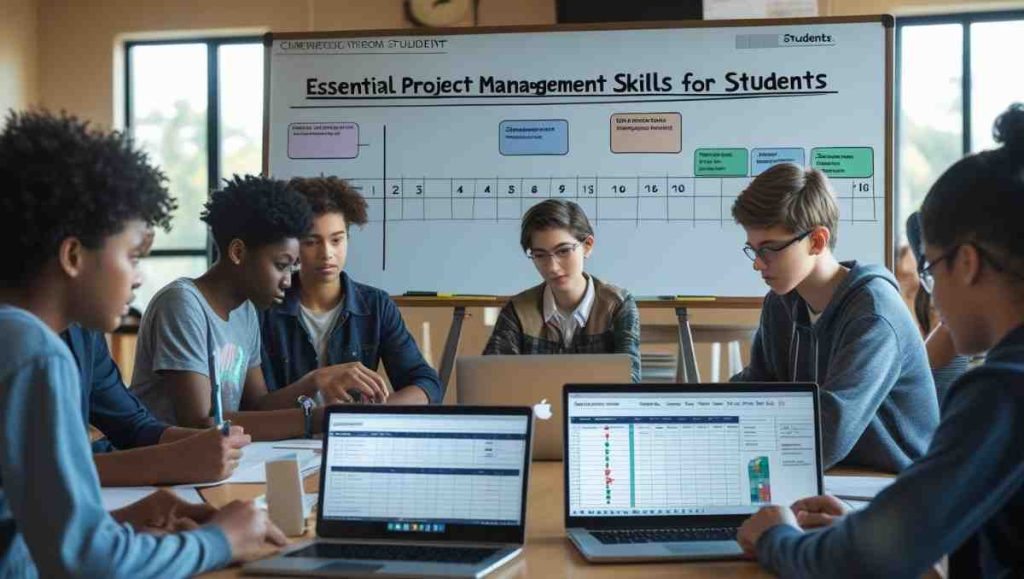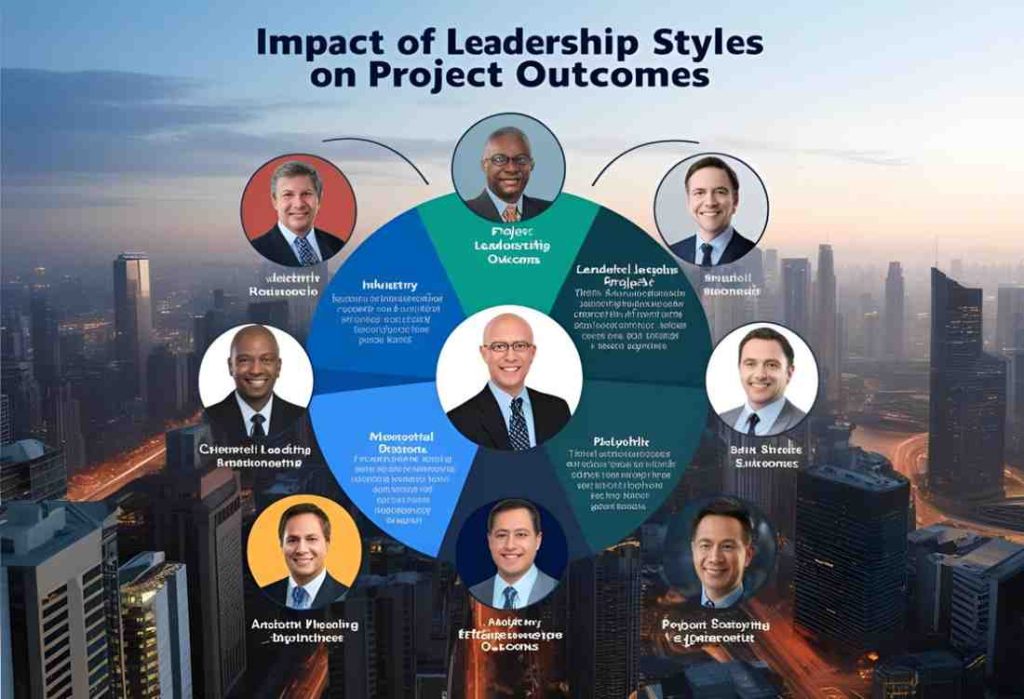Essential Project Management Skills Every Student Should Learn
In today’s fast-paced, collaborative, and innovation-driven world, project management is no longer just for professionals in engineering or tech industries. It is a foundational skill set that empowers individuals to plan, organize, lead, and deliver tasks effectively—making it vital for students at all levels of education.

At Valdymas Intelligence, we understand that teaching students how to manage projects equips them not only to excel academically but also to thrive in their future workplaces. As students transition from school into universities, industries, or entrepreneurial ventures, they face real-world tasks that require coordination, resource management, communication, and critical thinking. These are the very competencies project management offers.
Below are the essential project management skills every student should learn and practice:
1. Planning and Organization
Planning is the backbone of any successful project. Students should learn how to:
- Define objectives and scope
- Set timelines and milestones
- Allocate tasks and responsibilities
- Organize resources efficiently
Using tools like Gantt charts, to-do lists, or project management platforms such as Trello or Notion helps students build structured plans and stick to them.
2. Time Management
Managing time effectively ensures that projects are completed within deadlines without compromising quality. Students must:
- Break tasks into manageable units
- Prioritize based on urgency and importance
- Set realistic deadlines and avoid procrastination
Techniques like the Eisenhower Matrix and time boxing can help students stay focused and productive.
3. Communication Skills
Clear, consistent communication is essential in every project, especially when working in teams. Students should learn to:
- Share ideas clearly (both verbally and in writing)
- Use digital collaboration tools (Google Docs, Slack, Microsoft Teams)
- Provide constructive feedback and active listening
Effective communication also includes writing status updates and presenting project outcomes confidently.
4. Teamwork and Collaboration
Projects often involve working with others, so collaboration skills are vital. Students should develop:
- The ability to work with diverse team members
- Conflict resolution strategies
- Accountability within a team environment
At Valdymas Intelligence, students often work on collaborative projects that mirror industry teams, developing mutual respect and a shared vision.
5. Problem Solving and Critical Thinking
Challenges are inevitable in any project. Equipping students with the ability to analyze problems, think critically, and generate effective solutions is key. This involves:
- Identifying the root cause of issues
- Evaluating different options before acting
- Learning from mistakes and adapting strategies
Case studies, simulations, and real-life problem-based projects foster these skills in educational settings.
6. Leadership and Responsibility
Students should understand leadership is not just about giving orders; it’s about inspiring others, taking initiative, and being accountable. By managing student-led projects, they learn:
- How to assign and delegate tasks
- Keep morale high
- Make informed decisions
Leadership roles in student groups or academic clubs reinforce this competency.
7. Risk and Change Management
Projects don’t always go according to plan. Teaching students to anticipate potential risks and handle changes smoothly is essential. They should learn:
- How to identify and assess risks
- Develop contingency plans
- Stay flexible and resilient
Agile project management methods, which are taught at Valdymas Intelligence, help students embrace change as part of growth.
8. Evaluation and Reflection
Finally, students should be taught how to assess their performance and learn from each project. This includes:
- Reviewing outcomes vs. goals
- Understanding what worked and what didn’t
- Recording lessons learned
This reflective approach enhances continuous improvement and builds self-awareness.
Conclusion
By learning these project management skills early, students gain a toolkit that will support their academic achievements and career aspirations. At Valdymas Intelligence, we embed these principles into our programs to nurture confident, capable, and competent future leaders who are ready to take on complex challenges with clarity and strategy.
References
- Project Management Institute (PMI). (2021). Project Management Body of Knowledge (PMBOK® Guide)– 7th Edition.
- Wiggins, G., & McTighe, J. (2005). Understanding by Design. ASCD.
- Dweck, C. (2006). Mindset: The New Psychology of Success. Random House.



